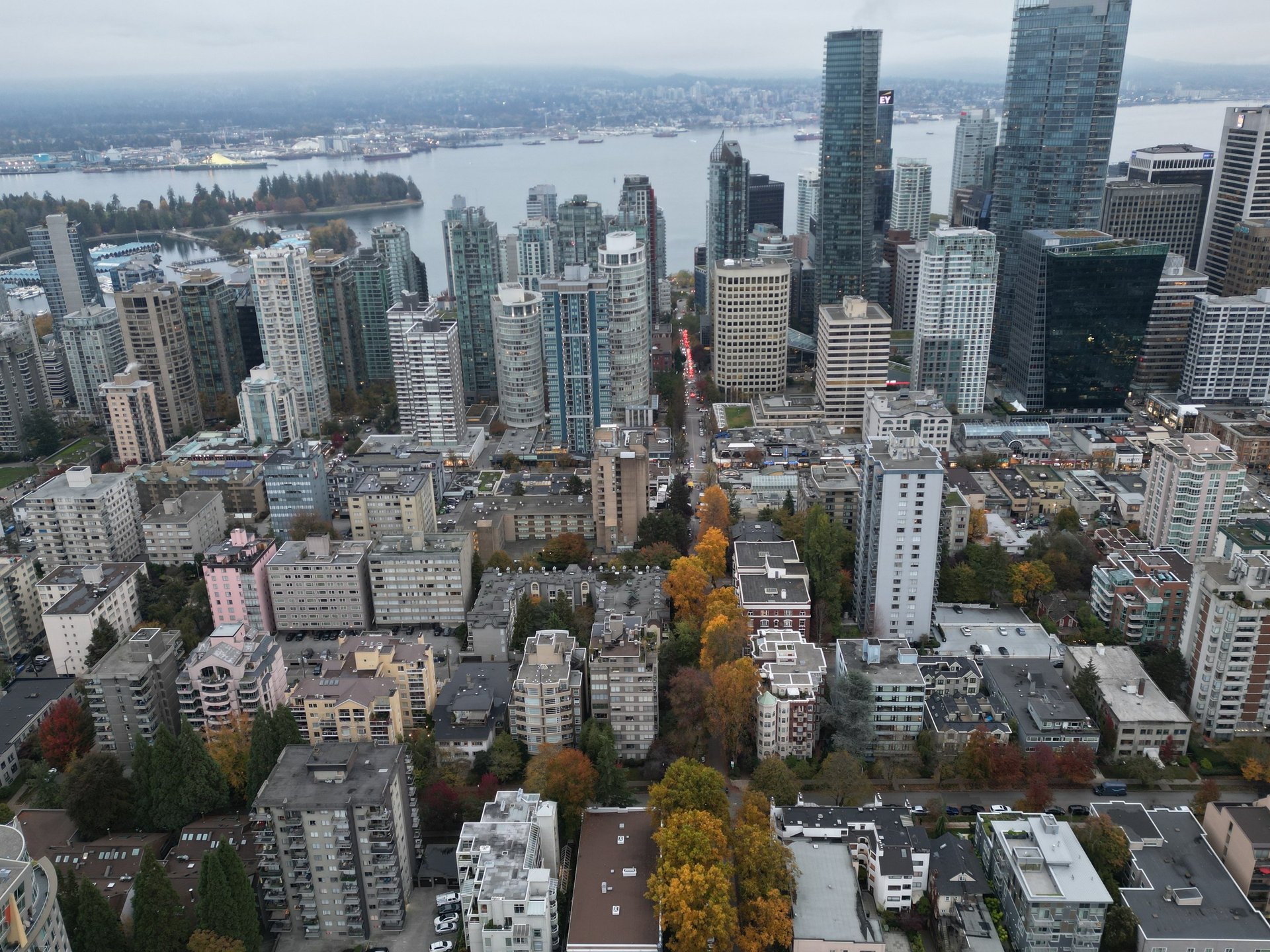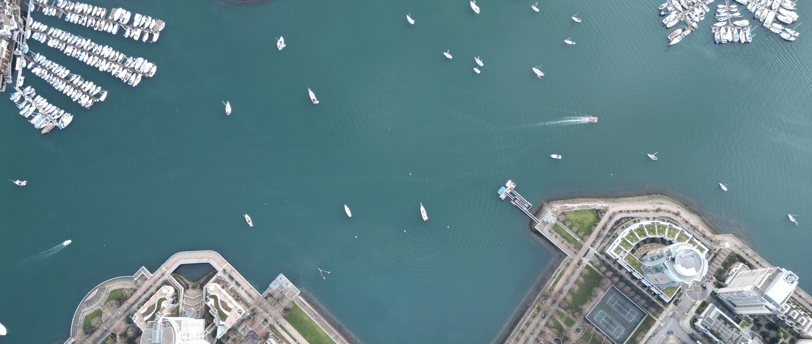
The Ultimate Guide to U.S. UAV Regulations: Laws, Rules, and Restrictions for Drone Pilots in 2025
Discover the latest U.S. UAV regulations, drone laws, rules, and restrictions for 2025. Stay compliant and fly safely with this comprehensive guide.
www.RainCityDrones.com and www.DJIsale.ca
5/8/20243 min read
The Ultimate Guide to U.S. UAV Regulations: Laws, Rules, and Restrictions for Drone Pilots in 2025
Outline
Introduction
Overview of UAV regulations in the U.S., importance of compliance
1. Understanding the FAA’s Role Who regulates drones in the U.S.?
2. Categories of Drone Operations Recreational and commercial operations. Check out the latest sales on DJI products at www.DJIsale.ca
3. Licensing and Certification Requirements How to obtain a drone pilot certificate
4. Drone Registration Process Step-by-step guide to registering a UAV
5. Where You Can and Cannot Fly Restricted airspace, controlled zones, and national parks
6. Weight and Size categories and weight limits
7. Privacy and Data Protection Laws How privacy laws affect drone operations
8. Commercial Drone Use Special regulations for businesses
9. Insurance Requirements Is drone insurance mandatory?
10. Flying Near Airports and Critical Infrastructure No-fly zones and safety protocols
11. Weather Conditions and Drone Flight Weather-related regulations and safety tips
12. Fines and Penalties for Violations Consequences of breaking drone laws
13. Future of UAV Regulations in the U.S. Potential law changes and trends
14. International Drone Laws vs. the U.S. How U.S. laws compare globally
15. Tips for Safe and Legal Drone Flying Best practices and expert advice FAQs Common questions answered
Introduction
Drones, or unmanned aerial vehicles (UAVs), are becoming increasingly popular in the U.S. for recreational and commercial use. However, with great technology comes great responsibility. The Federal Aviation Administration (FAA) has implemented strict regulations to ensure safety and privacy while keeping U.S. airspace organized. This guide covers all the essential laws, rules, and restrictions you need to know in 2025.
. Check out the latest sales on DJI products at www.DJIsale.ca
1. Understanding the FAA’s Role
The FAA (Federal Aviation Administration) is the governing body responsible for overseeing UAV regulations. They enforce rules that apply to both recreational and commercial drone pilots, ensuring safety for all airspace users.
2. Categories of Drone Operations
U.S. drone operations fall into two main categories:
Recreational Use: For personal, hobby-related flights.
Commercial Use: Requires additional certification and applies to business-related drone operations.
3. Licensing and Certification Requirements
To operate a drone legally, pilots must:
Register their drone with the FAA.
Pass the TRUST test (for recreational pilots).
Obtain a Part 107 Remote Pilot Certificate (for commercial pilots).
4. Drone Registration Process
All drones weighing over 0.55 lbs (250g) must be registered with the FAA. The process includes:
Completing an online application
Paying a registration fee
Attaching the registration number to the drone
5. Where You Can and Cannot Fly
Allowed Areas:
✔ FAA-approved recreational flight zones, designated parks, and open areas.
Restricted Areas:
❌ Near airports (within 5 miles), national parks, military bases, and over crowds.
6. Weight and Size Restrictions
Below 0.55 lbs (250g): No registration required
0.55 lbs - 55 lbs: Must be registered
Above 55 lbs: Requires special FAA authorization
. Check out the latest sales on DJI products at www.DJIsale.ca
7. Privacy and Data Protection Laws
Drone pilots must adhere to U.S. privacy laws, which prohibit capturing or sharing personal information without consent.
8. Commercial Drone Use
Businesses using drones for aerial photography, surveying, or inspections must have:
A Part 107 Remote Pilot Certificate
Commercial drone insurance
Compliance with additional FAA regulations
9. Insurance Requirements
While not mandatory for recreational pilots, commercial drone operators are strongly advised to have liability insurance to cover damages or accidents.
10. Flying Near Airports and Critical Infrastructure
Flying within 5 miles of an airport requires FAA authorization. Drone pilots must also avoid areas near:
Helipads
Emergency response zones
Military bases
11. Weather Conditions and Drone Flight
Drones must only be flown in suitable weather conditions. Avoid:
Strong winds
Heavy rain
Poor visibility
12. Fines and Penalties for Violations
The FAA imposes heavy fines on non-compliant drone pilots:
Up to $1,500 for individuals violating rules
Up to $5,000 for reckless operation
Up to $30,000 for corporations violating laws
13. Future of UAV Regulations in the U.S.
New regulations may soon include:
Stricter licensing for larger UAVs
More restrictions on urban drone flights
Enhanced integration with air traffic control
. Check out the latest sales on DJI products at www.DJIsale.ca
14. International Drone Laws vs. the U.S.
Compared to Canada’s Transport Canada regulations, U.S. laws allow more flexibility in recreational use but require Part 107 certification for most commercial activities.
15. Tips for Safe and Legal Drone Flying
. Check out the latest sales on DJI products at www.DJIsale.ca
Keep your drone within visual line of sight.
Maintain a minimum distance of 400 ft from people.
Follow local and state regulations regarding drone usage.
Frequently Asked Questions (FAQs)
1. Do I need a license to fly a drone in the U.S.?
Yes, if you fly commercially under Part 107.
2. Can I fly my drone at night?
Yes, but you must have proper anti-collision lighting.
3. What happens if I fly in a restricted area?
You could face heavy fines or legal action.
4. Do I need permission to fly over private property?
Yes, always get consent before flying over private land.
5. Is drone insurance mandatory?
Not for recreational use, but highly recommended for commercial pilots.
6. Where can I check for no-fly zones?
Use the FAA’s B4UFLY app to check safe flight areas.
Conclusion
Staying informed about U.S. UAV regulations ensures safe and responsible drone operations. Always check for updated rules and follow best practices for an enjoyable flying experience.
. Check out the latest sales on DJI products at www.DJIsale.ca
Guidelines
Stay informed about drone laws and regulations.
Resources
Contact
© 2025. All rights reserved.


